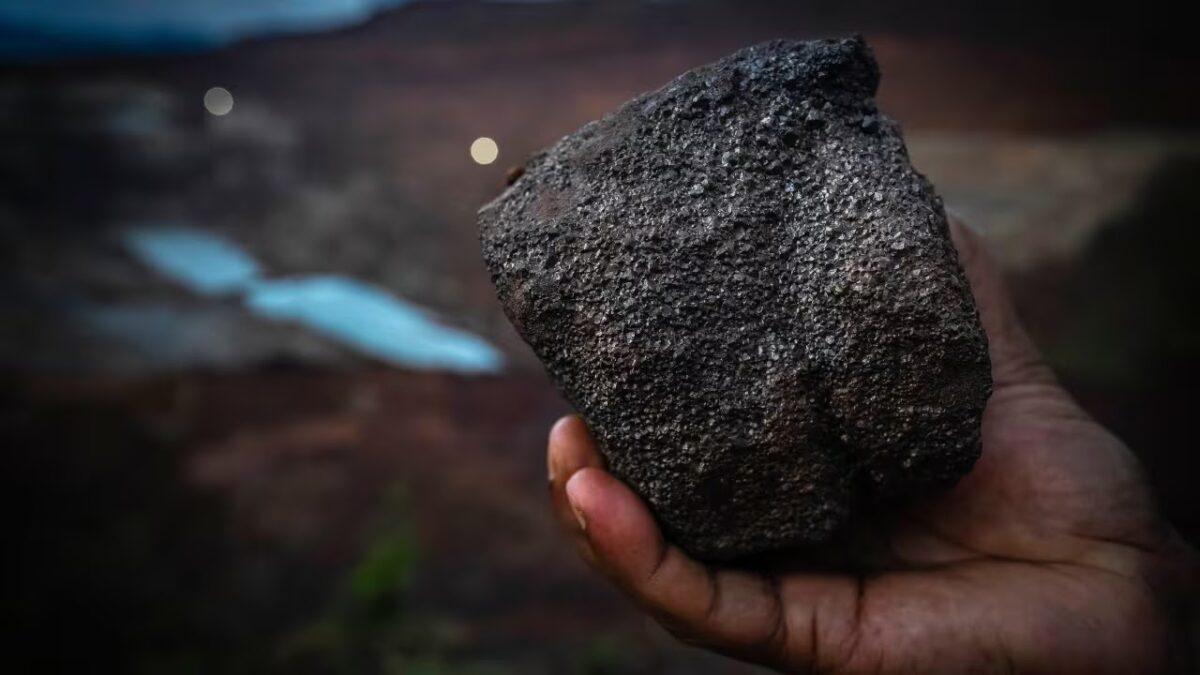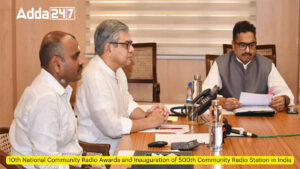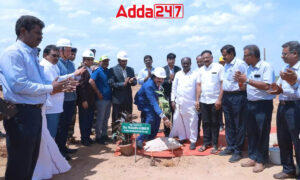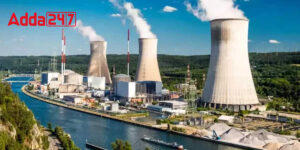The Ministry of Mines has announced the initiation of the first tranche auction of critical and strategic minerals scheduled for today. The highly anticipated event will be inaugurated by Union Minister of Coal, Mines, Pralhad Joshi, marking a significant milestone in India’s economic development and national security strategy.
Significance of Critical Minerals in Economic Development and National Security
In a statement, the ministry emphasized the groundbreaking nature of the initiative, stating that it will play a pivotal role in boosting the country’s economy, enhancing national security, and supporting the transition to a clean energy future. The auction involves twenty blocks of critical and strategic minerals strategically located across the nation.
Understanding the Importance of Critical Minerals
The ministry underscored the crucial role critical minerals play in the economic development and national security of the country. It highlighted the potential vulnerabilities in the supply chain due to the lack of availability or concentration of extraction and processing in a few countries. Key minerals such as lithium, graphite, cobalt, titanium, and rare earth elements (REE) are highlighted as essential for the future global economy.
India’s Commitment to Clean Energy and Increased Demand for Critical Minerals
India has committed to achieving 50% of cumulative electric power installed capacity from non-fossil sources by 2030. This ambitious plan for energy transition is expected to drive demand for electric cars, wind and solar energy projects, and battery storage systems, consequently increasing the demand for critical minerals.
Recent Legislative Amendments and Royalty Rates
The recent amendment to the Mines and Minerals (Development and Regulation) Act notified 24 minerals as critical and strategic, granting the Central Government the power to prioritize their auction based on the country’s requirements.
India’s Strategic Move: Auctioning 20 Critical Mineral Blocks for Economic and Energy Transition
Rationalization of Royalty Rates to Encourage Participation
In an effort to encourage more participation in auctions, royalty rates for critical minerals have been rationalized. Specific rates were outlined for various minerals, such as Platinum Group of Metals (PGM), Molybdenum, Glauconite, Potash, Lithium, Niobium, and Rare Earth Elements (REE). The government’s commitment to transparency and participation is evident in these measures.
A Leap Towards Resource Security and Economic Growth
The launch of India’s first tranche auction for critical and strategic minerals represents a significant leap towards achieving resource security, economic growth, and a sustainable energy future. The government’s proactive measures, legislative amendments, and transparent auction processes are poised to shape the landscape of the country’s mineral sector and contribute to its long-term development goals.
Important Questions Related to Exams
1. What is the significance of the first tranche auction of critical and strategic minerals announced by the Ministry of Mines in India?
Answer: The auction will play a pivotal role in boosting India’s economy, enhancing national security, and supporting the transition to a clean energy future.
2. What is India’s commitment related to clean energy?
Answer: India has committed to achieving 50% of cumulative electric power installed capacity from non-fossil sources by 2030.
3. How many minerals were identified as critical and strategic through the recent amendment to the Mines and Minerals (Development and Regulation) Act?
Answer: 24 minerals were identified as critical and strategic through the recent amendment to the Mines and Minerals (Development and Regulation) Act.



 Ashwini Vaishnaw Inaugurates India’s 5...
Ashwini Vaishnaw Inaugurates India’s 5...
 Vriksharopan Abhiyan 2024 Launch in Dhan...
Vriksharopan Abhiyan 2024 Launch in Dhan...
 India's Installed Nuclear Power Capacity...
India's Installed Nuclear Power Capacity...
